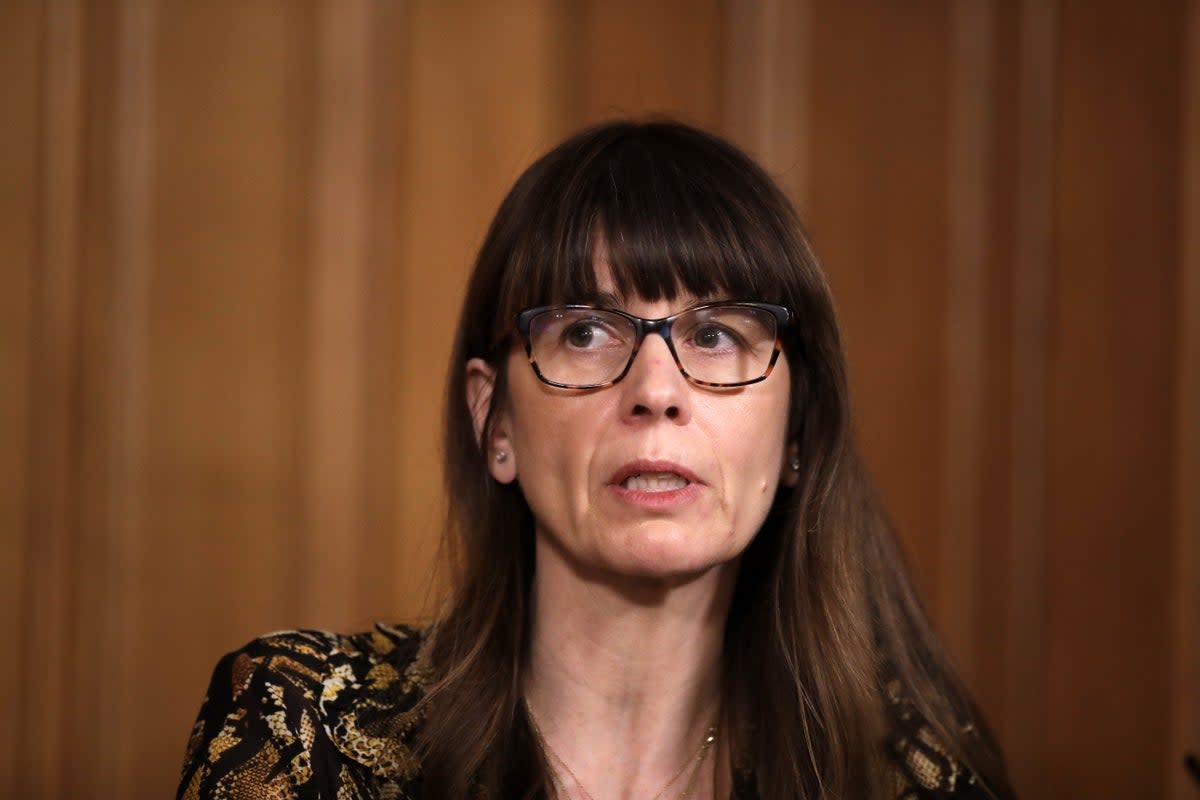Strep A: Covid pandemic restrictions could be behind UK’s spike cases, says health chief

A rise in Strep A infections in the UK could be linked to a lack of social mixing during the Covid pandemic, a health chief has said.
Dr Susan Hopkins, chief medical adviser at the UK Health Security Agency, spoke to BBC Radio 4âs Today programme on Monday, amid news at least six children in the UK have died after contracting the infection since September.
She said the UKHSA is âconcernedâ by a premature spike in cases - normally seen in the spring - and said immunity could be lower following lockdown restrictions.
âThe numbers [of Strep A infections] we are seeing each week are not as high as we would normally see at the peak of the season, but they are much higher than we have seen at this time of year for the last five years,â Dr Hopkins told Radio 4.
âSo weâre concerned, and concerned enough to ensure that we want to make the public aware of the signs and symptoms that they should watch out for, and to alert clinicians to prescribe antibiotics for these conditions.â
Group A strep bacteria can cause many different infections, including scarlet fever and strep throat.
âFirstly, weâre seeing a lot of viral infections circulate at the moment, and these bacterial infections can come as an addition on top,â she said.
âSecondly, weâre back to normal social mixing and the patterns of diseases that weâre seeing in the last number of months are out of sync with the normal seasons, as people mix back to normal and move around and pass infections on.
âWe also have to recognise that the measures that weâve taken for hte last couple of years to reduce Covid circulating will also reduce the other infections circulating, so that means that as things get back to normal these traditional infections that weâve seen for many years are circulating at great levels.â
Asked whether the rise in Strep A could be because immunity is lower following lockdown restrictions that limited social mixing, Dr Hopkins added: âOf course thatâs one of the potential areas that weâre exploring.
âWe expect that a certain amount of chidlren will have these infections each year, and therefore they will have a level of immunity. Weâre seeing more now than we have for the last two years, where there were very, very low amounts of infections seen.â
Dr Hopkinsâ comments came after leading microbioliogist Dr Simon Clarke, of the University of Reading, also said a lack of mixing due to the Covid-19 pandemic could be behind a drop in immunity to infections such as Strep A.
âIt strikes me that as we are seeing with flu at the moment, lack of mixing in kids may have caused a drop in population-wide immunity that could increase transmission, particularly in school age children,â he said.
Among the children who have tragically died of Strep A infections is Hanna Roap, from Penarth in Wales - a âbubblyâ seven-year-old whose devastated father described her as âalways smilingâ.
A 12-year-old London schoolboy is thought to have become the seventh child to die. The Year 8 pupil at Colfeâs school in Lewisham is thought to be the first secondary school child to have died from the infection.
For more information about Strep A and its symptoms, click here.

 Yahoo News
Yahoo News 
